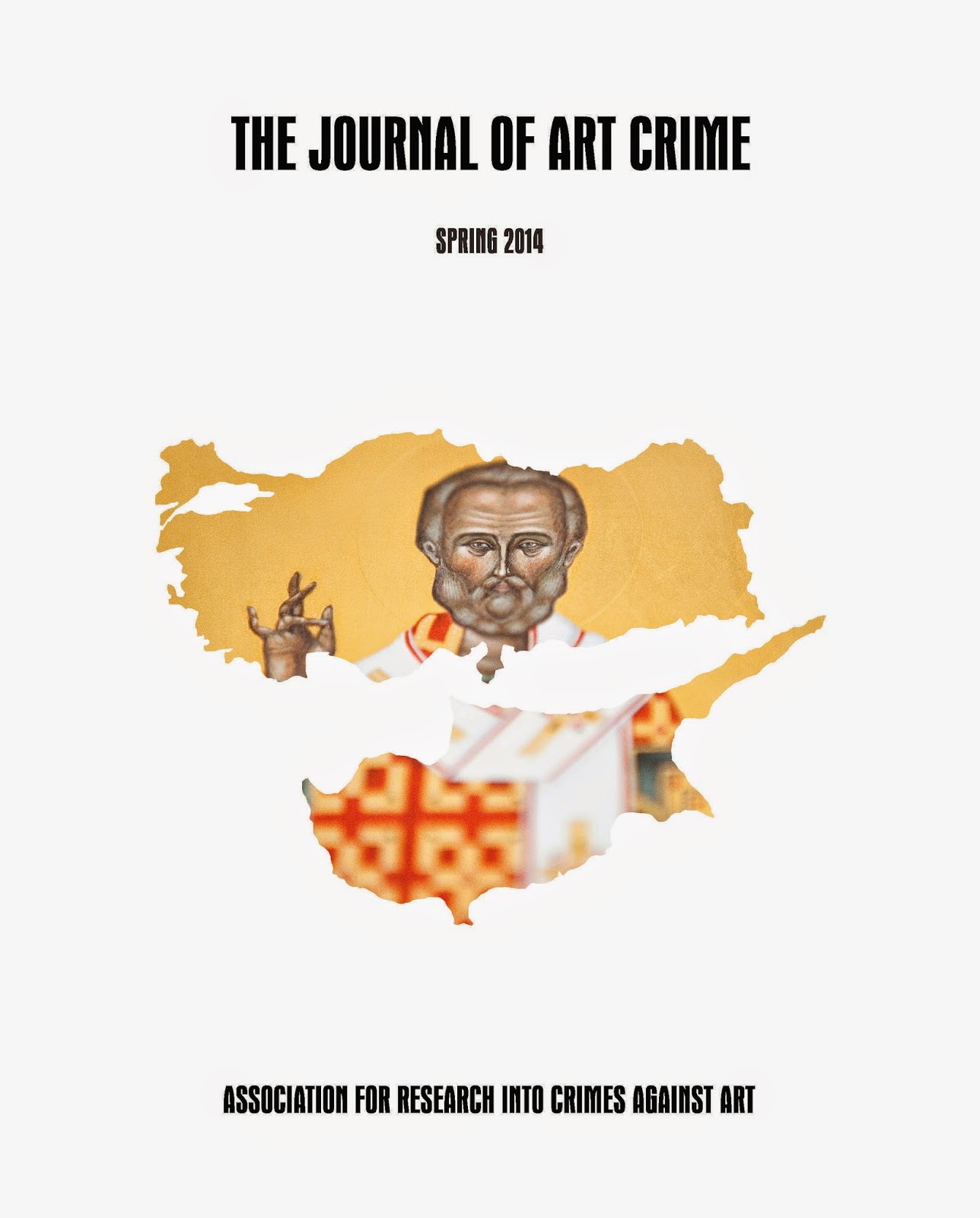Friday, December 05, 2014 -  Collecting,COMCOL,ICOM,Political change,UNESCO,Virginia Curry,war
Collecting,COMCOL,ICOM,Political change,UNESCO,Virginia Curry,war
 No comments
No comments
 Collecting,COMCOL,ICOM,Political change,UNESCO,Virginia Curry,war
Collecting,COMCOL,ICOM,Political change,UNESCO,Virginia Curry,war
 No comments
No comments
Conference Diary: COMCOL's "Collections and Collecting in Times of War or Social and Political Change" Conference in Celje, Slovenia
By Virginia M. Curry
The Third Annual UNESCO ICOM Conference on Collecting
(COMCOL) opened December 4 in the jewel-like Slovenian town of Celje.
This is the third conference on collecting held by UNESCO
ICOM; the first was held in Capetown, and the second in Rio de Janiero. The theme of this year’s conference is “Collections and
Collecting in Times of War or Social and Political Change”.
I am surprised to be the sole American participant in the
program since it is UNESCO ICOM’s sole annual conference related to museums and
their collections. However, my
fellow presenters from as far away as South Korea share a communal joy of
museums and the exhibition of both “Tangible” and “Intangible”
collections. As you might have
guessed, the “intangible” collections are those of music, such as the literal
dumpster recovery of folk and classical recordings from the collection of Swiss
broadcaster, Fritz Dur for the Swiss International Radio and an examination of
the socio-political metamorphosis of the City of Birmingham in England in
response to a changed demographic.
The organizers of this conference accepted my paper,
“Re-Inventing the Museum in the Twenty-First Century” which focused on some of
the major challenges to curators and some success stories, including but not limited to war loot; theft by organized criminal gangs who steal art from museums and private collections; internal thefts; and vandalism.
The conference meets again tomorrow to discuss: “Reflecting
and Using Collections to Memorialize War”. There will also
be sessions which focus on
confronting collections in the change of paradigm from socialism and later in the
afternoon a visit to the Museum of Recent History of Celje.
Ms. Curry is a retired FBI agent, a licensed private investigator, and an art historian.




